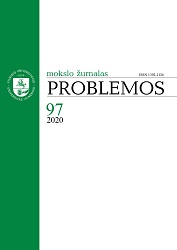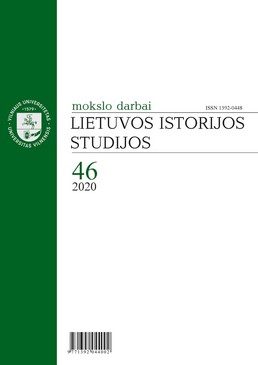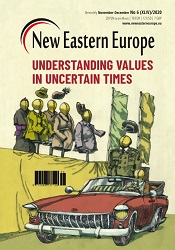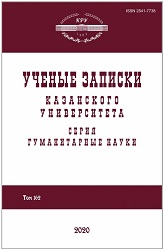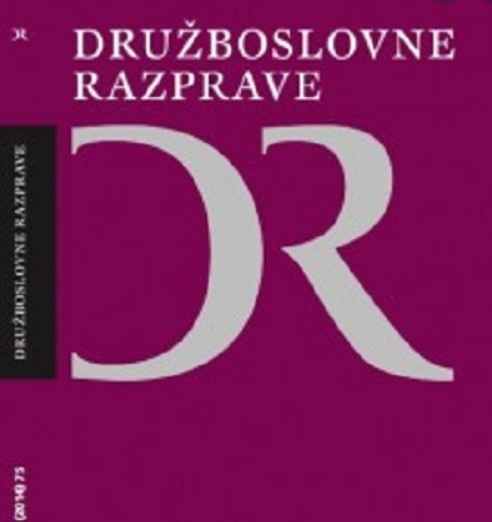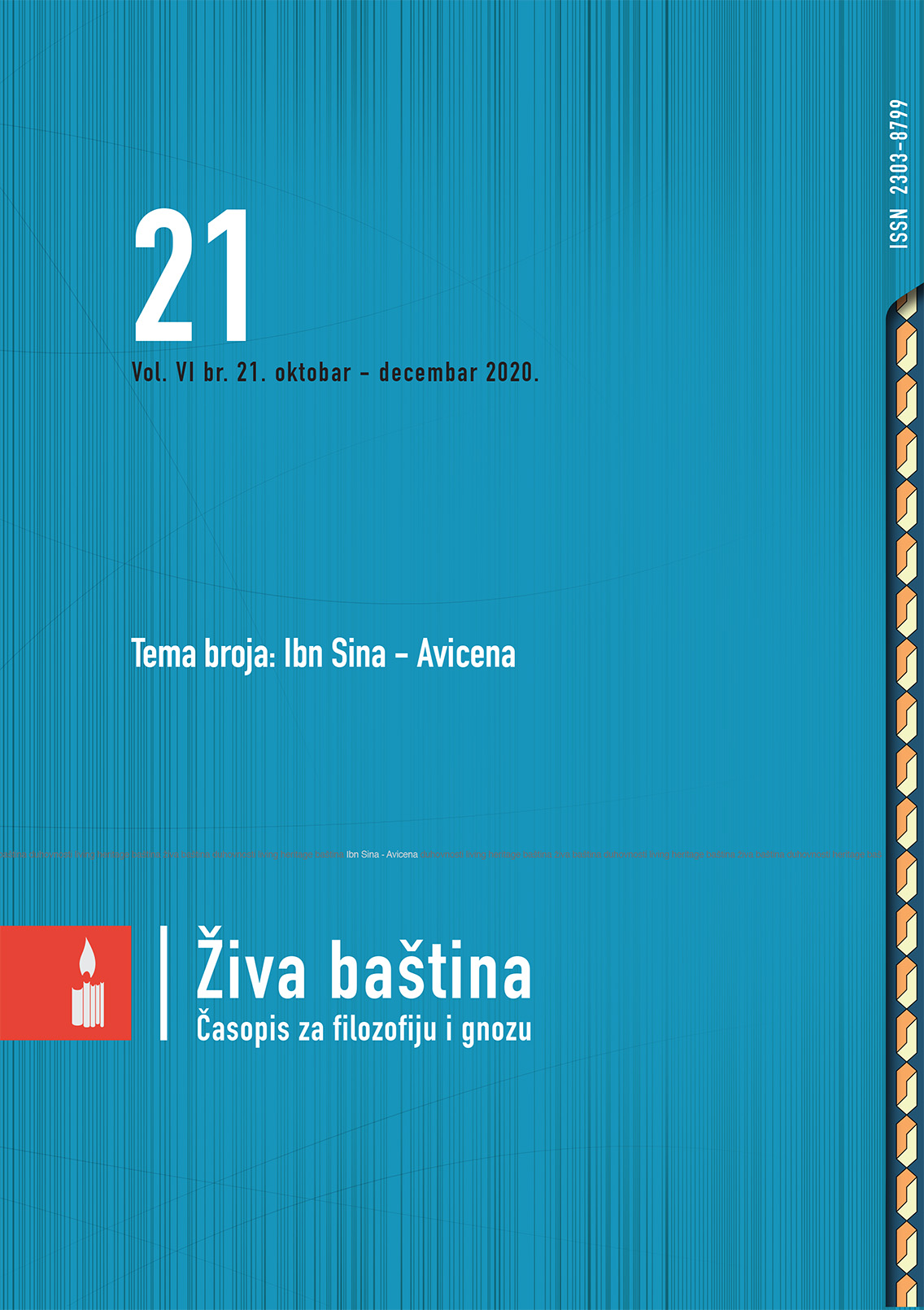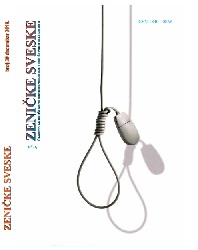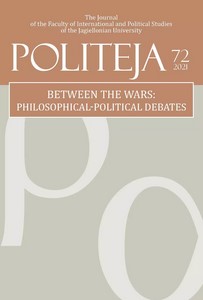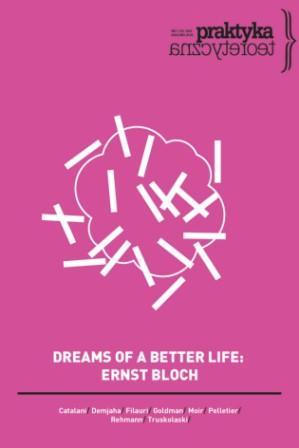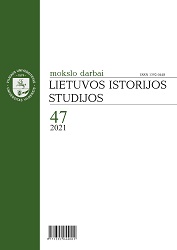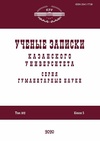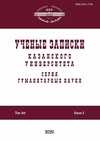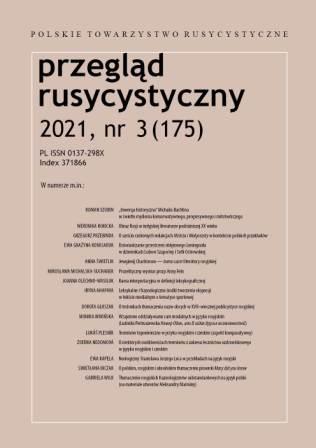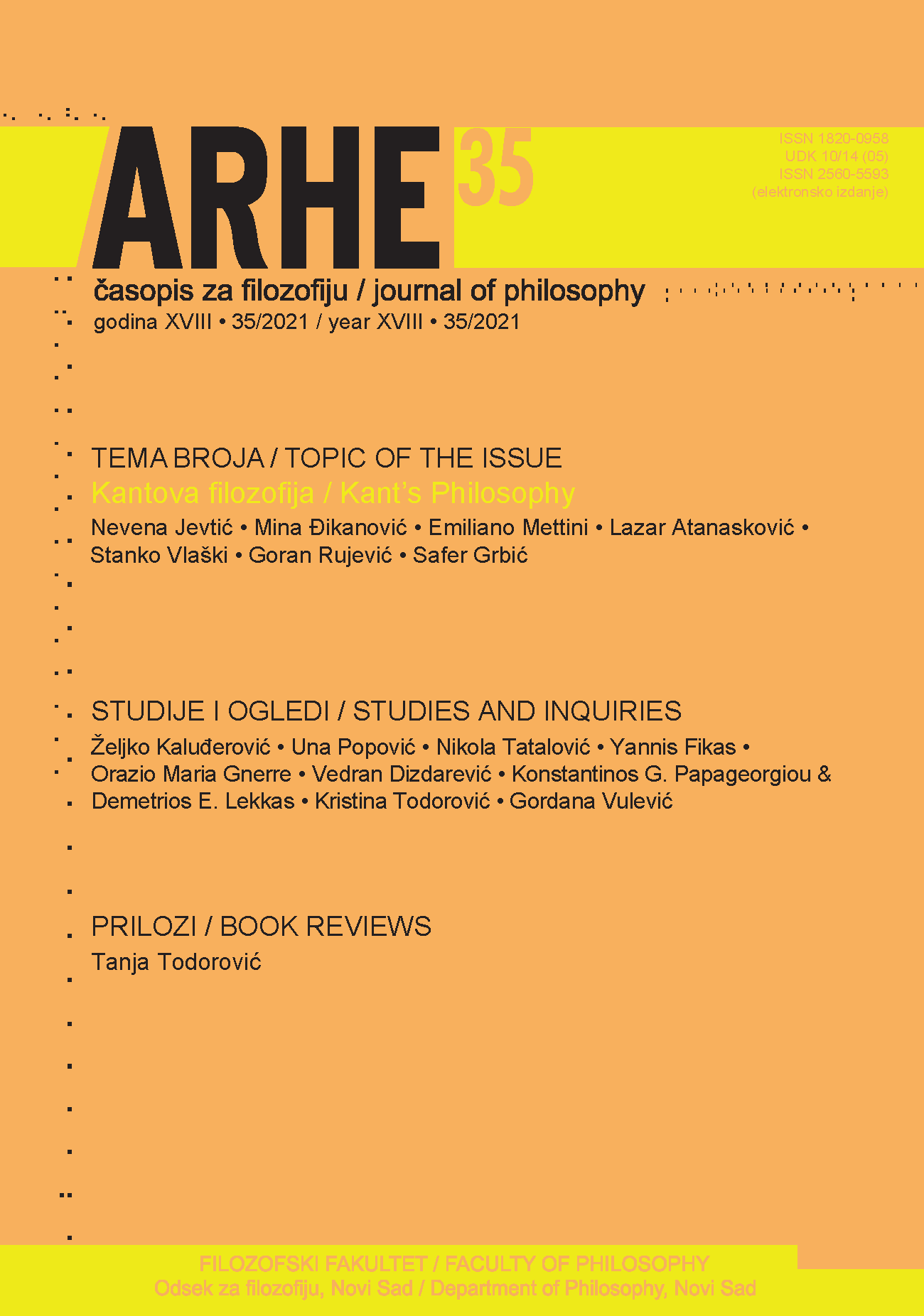Literatûros istorijos etika
The article is conceived as a continuation of discussions about ways of rethinking the history of literature and possible models for its implementation. In the process of creating any history of literature, the problem arises of the selection of authors and works, implying an elementary assessment of good / bad. At the same time, not only the object of research is evaluated, but also the principles of selection, the ways of describing the material. The article suggests that the predominance of ethical or aesthetic principles and the nature of the content contained in them in the history of literature depend on the concept of literature. Understanding literature as an expression of moral values and exceptional moments of the national past corresponds to the model of the national history of literature created in the era of Romanticism. This model is criticized from different angles. Representatives of the immanent understanding of literature transform the ontological paradigm into a linguistic paradigm, erasing the boundaries between text and context and replacing the traditional model of the history of literature with the history of receptions. The receptive theory emphasizes the history of reading. The new historism is inclined to view history as an alternation of random coincidences, the text as part of social practices conducive to the self-determination of society. Book of Birutė Masenene Baltic peoples. The project of the history of culture (1996) testifies to the possibility of combining opposing concepts on the basis of the principles of complementarity and nedogmatic thinking.
More...
